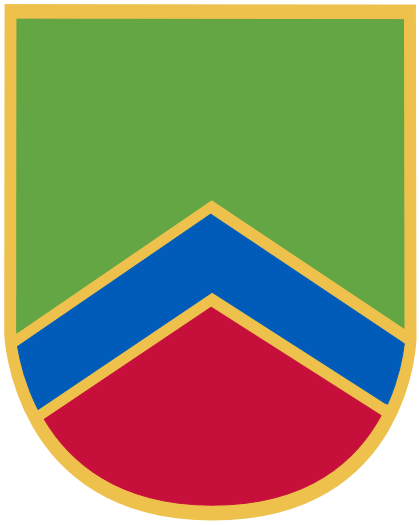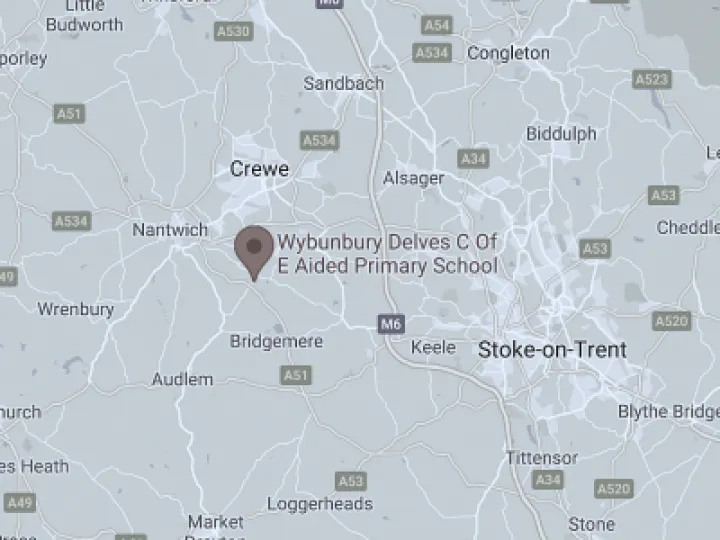Year 4 Weekly News 24.09.21
Another week has flown by!
In our English lessons this week, we have been writing our own defeating the monster story. The children began the week by exploring how the model text had been structured. The children wrote how they thought the text was written and we then shared the actual structure as a class. Using this, the children were then able to write their own. Keeping close to the text, the children have written their paragraphs one at a time. We have discussed each part of the text as we have been working through them and have been focusing on achieving our unit targets of using powerful vocabulary and using the correct punctuation for our sentences. You really wowed me with your ideas for describing your own monsters! On Monday, we have our final paragraph to finish.
During our reading lessons, we have been continuing to read the 'Explore Vikings!' book. The children have been skimming and scanning the text for evidence and collating this in their books to answer the questions we have been asked. We have been learning about the Vikings as raiders and settlers, how they included stories and music in their daily life's and what their settlements were like.
We completed our work on the spelling focus of prefixes mis, un, dis and un this week. The children chose the correct word to fit the sentences, played games of four in a row and broke the spellings down in to prefixes and root words.
In Maths this week, we have continued our place value learning. On Monday, we continued to learn how to find numbers on a numberline up to 10,000. The value of the numberlines changed and the children were required to calculate the different intervals. On Tuesday, learning about Roman numerals allowed us to be code breakers in Maths. We recapped the value of the Roman numerals 1-20 and then learnt more about the value of L and C.On Wednesday, we completed our end of unit check for our first place value unit. The children showcased the skills that they had learnt so far. We then talked through each of the questions to build upon children's understanding. Next, we started our new unit of place value. We talked through the areas we would be covering and talked about what the children already knew. We looked at some mathematical representations we would be using as well. We then moved on to find 1000 more or less than a given number. To do this, we used place value grids and place value counters. We have also practised our timestable skills this week. The children took part in a timestable test. We will be focusing on these throughout our year and taking part in quizzes like these each week.
In our computing lesson on Monday, we applied our robot learning from last week. The children watched an introductory video about how we programme computerised robots to complete a set of instructions. We recapped how we are required to programme carefully and watch out for bugs within the programme. The children were also shown a variety of blocks they would need to use in their task today. Independently, the children then worked through lesson 4 focusing on programming and debugging.
During history this week, we have continued to learn about the history of the Vikings. In our books, we recorded a timeline of the Vikings. We discussed why these were important elements of History and how these have impacted the Vikings. We have been able to answer the questions 'Why are the Vikings known as raiders?' and 'Why did the Vikings become settlers?'
In our Forest School session this week, we learnt more about the Vikings way of life. Some children in previous sessions, had asked how the Vikings made their boats. This week, Mr Hadfield brought in an example of an axe. The children were shown this and Mr Hadfield explained what an important piece of equipment this was for the Vikings. Next in our afternoon, we built shelters. The children began by building the shelters that they had been shown last week.
In Geography we continued to learn about the features of villages, towns and cities as settlements. We used compass directions to locate eight cities across the United Kingdom and then went on to compare each type of settlement on Google maps.
In our RE lesson this week, we reflected on our story of the Centurions servant this week. We used what we had learnt about this story to help us to answer the question 'How does this story encourage Christians to live as Good News in the world today?' The children answered this in their books. Later on in our lesson, we listen to the story 'Joey's Present'. The story was based on a boy having faith in his father to buy him a puppy for his birthday. We considered the similarities and differences in these stories and discussed how having faith is an important part of everyone's lives. At the end of the lesson, the children asked out their own performances of people having faith and something good happening as a result.
During our French lessons this week, we learnt how to say numbers 11-31. We started by recapping numbers 1-11. We started by learning how to pronounce the numbers in French. The children then played a game which involved revealing each number at a time and shouting out how we say it in french. At the end of the lesson, the children took part in a bingo game to help them practise and learn their numbers.
In our Science lessons this week, we have continued to learn more about Sound. We started our lesson with a game. The children were asked to close their eyes and when a child was chosen, they were required to knock on the desk. When they had knocked, the class were asked to point in the direction that the sound came from. The aim of our starter was to explore how sound travels to the ear and how the vibrations allow us to hear when the sound is coming from. We then moved on to learn how sound travels. The children learnt that the vibrations travel in sound waves through the air and to the ear, the ear then sends messages to the brain for us to hear a sound. Next, we watched a video to learn about different volumes of sound. These are known as amplitudes. The higher the amplitude, the louder the noise. Finally, at the end of the lesson, the children made string telephones. Then, they began to explore how sound travels through these. We will continue to explore these next lesson.
Year 4, you are all working so hard and I am really proud of each of you!
Miss Welch
Quick Links
Contact Us
office@wybunburydelves.co.uk
01270 841302
Wybunbury Delves
Bridge Street
Wybunbury
Nantwich
CW5 7NE

